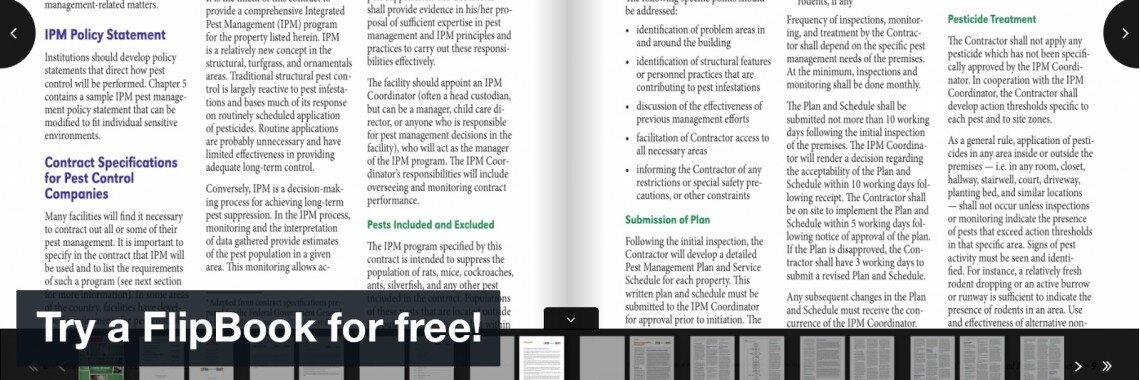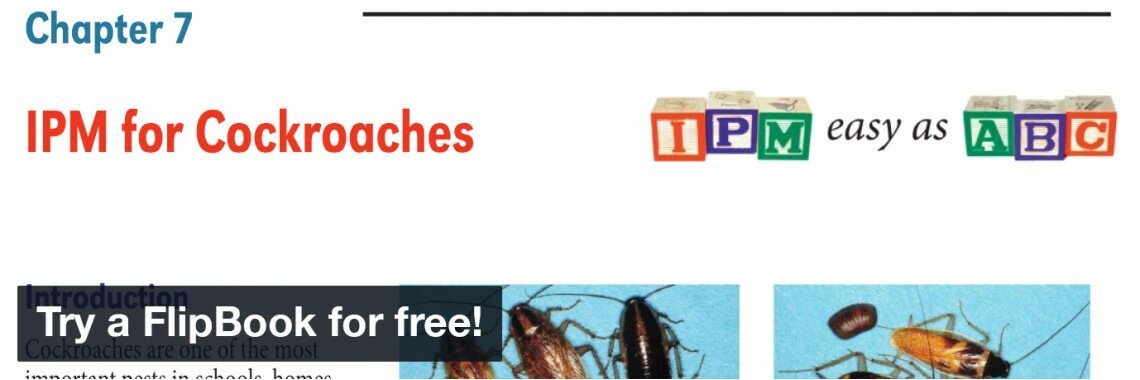Private Applicator Certification Mastery: A Deep Dive into Essential Topics
I. Introduction
In the vast landscape of agriculture, private applicator certification stands as a crucial badge of proficiency, ensuring that those at the forefront of pesticide application are well-versed in the nuances of safety, legality, and sustainability. This comprehensive guide, tailored for farmers, agricultural professionals, and anyone involved in pesticide application, sheds light on the essential topics that pave the way to mastering private applicator certification. Whether you're a seasoned farmer, an agricultural professional, or someone looking to hire someone to write my essay, the insights within this guide are designed to empower and educate, fostering a deeper understanding of the intricacies involved in private applicator certification.
Private applicator certification is not just a legal requirement; it's a commitment to excellence in agricultural practices. For farmers and professionals, this certification is a key to unlocking a realm of knowledge that goes beyond the mere act of applying pesticides—it encompasses safety, compliance, precision, and environmental stewardship. As we embark on this journey, let's delve into the core topics that form the bedrock of private applicator certification mastery.
II. Mastery through Essential Topics
In the pursuit of private applicator certification mastery, delving into essential topics is paramount. This section encompasses key subsections, each shedding light on critical aspects for a well-rounded expertise.
- Pesticide Safety Protocols and Best Practices
- Importance of Personal Protective Equipment (PPE)
- Emergency Response Planning
- Understanding Hazardous Materials
- Safe Pesticide Storage Practices: A Rhetorical Analysis
- Application Site Safety Measures
- Respiratory Protection Guidance
- Handling Hazardous Spills
- Safety Communication Protocols
- Risk Assessment in Pesticide Handling
- Best Practices for Mixing and Loading
- Safe Transportation of Pesticides
- Emergency Equipment Checklist
- Protective Measures for Sensitive Areas
- Research Proposal: Health Monitoring for Applicators
- Ethics in Pesticide Application
- Legal Compliance for Private Applicators
- Local Regulations Demystified
- State-specific Compliance Guidelines
- Federal Standards for Private Applicators
- An Informative Essay on Documenting Pesticide Application Records
- Understanding Restricted-Use Pesticides
- Reporting Requirements for Applicators
- Labeling Compliance for Pesticides
- Keeping Up with Regulatory Updates
- License Renewal Procedures
- Legal Implications of Non-Compliance
- Ensuring Worker Protection Standards
- Compliance Audits for Applicators
- Record-Keeping Best Practices
- Interpreting Regulatory Jargon
- A Descriptive Essay on Building an Effective Compliance Checklist
- Precision in Application Techniques and Equipment Usage
- Importance of Equipment Calibration
- Calibration Techniques for Various Equipment
- Precision Maintenance Schedules
- Upgrading Equipment for Efficiency
- Expository Essay: Unraveling the Integration of GPS Technology in Modern Agriculture
- Remote Sensing Applications in Agriculture
- Efficient Use of Application Technology
- Modern Spray Drift Management
- Robotic Applications in Precision Agriculture
- Data-Driven Decision Making
- Equipment Calibration Tools
- Adopting Variable Rate Technology
- Drones in Precision Agriculture
- Smart Sensors for Application Monitoring
- Trends in Precision Agriculture
- Advanced Pest Identification and Management Strategies
- Pest Identification Techniques
- Understanding Pest Lifecycles
- Implementing Integrated Pest Management (IPM)
- Biological Control Methods
- Chemical Control Strategies: A Compare and Contrast Essay
- Cultural Practices for Pest Management
- Beneficial Insects in Agriculture
- Resistant Crop Varieties
- Monitoring Pest Populations
- Early Detection and Intervention
- Sustainable Crop Rotation Practices
- Trap Crop Strategies
- Natural Predators in Pest Control
- Disease Management in Agriculture: An Autobiography of Challenges, Solutions, and Agricultural Resilience
- Assessing Economic Thresholds for Pest Control
A comprehensive exploration of safety essentials, covering everything from protective gear basics to emergency response procedures, emphasizing compliance with regulatory standards.
Navigating the complex regulatory landscape with an in-depth overview of legal requirements, compliance standards, and practical guidance on record-keeping and documentation.
Unveiling the art of precision in calibration, maintenance, and the integration of modern application methods and technological advancements.
Going beyond application mechanics, this subsection provides insights into sustainable pest control strategies and the adoption of Integrated Pest Management (IPM) principles.
III. Environmental Safety and Sustainability
The responsibility of a private applicator transcends the immediate fields they tend to. Environmental safety takes center stage as we explore measures to minimize impact and promote sustainability. Sustainable practices become an inherent part of the private applicator certification journey, underlining the vital role these practices play in preserving our agricultural ecosystems.
IV. Conclusion
As we wrap up this exploration into the essential topics for private applicator certification mastery, it's crucial to underscore the significance of these learnings. Mastering these topics isn't just a checkbox for compliance; it's a commitment to excellence and a pledge to steward our agricultural practices responsibly. For farmers and professionals reading this, the journey doesn't end here. Prioritize ongoing education, stay informed about industry advancements, and share your knowledge with fellow applicators. Private applicator certification is not a destination—it's a continuous journey towards sustainable, safe, and efficient agricultural practices.


